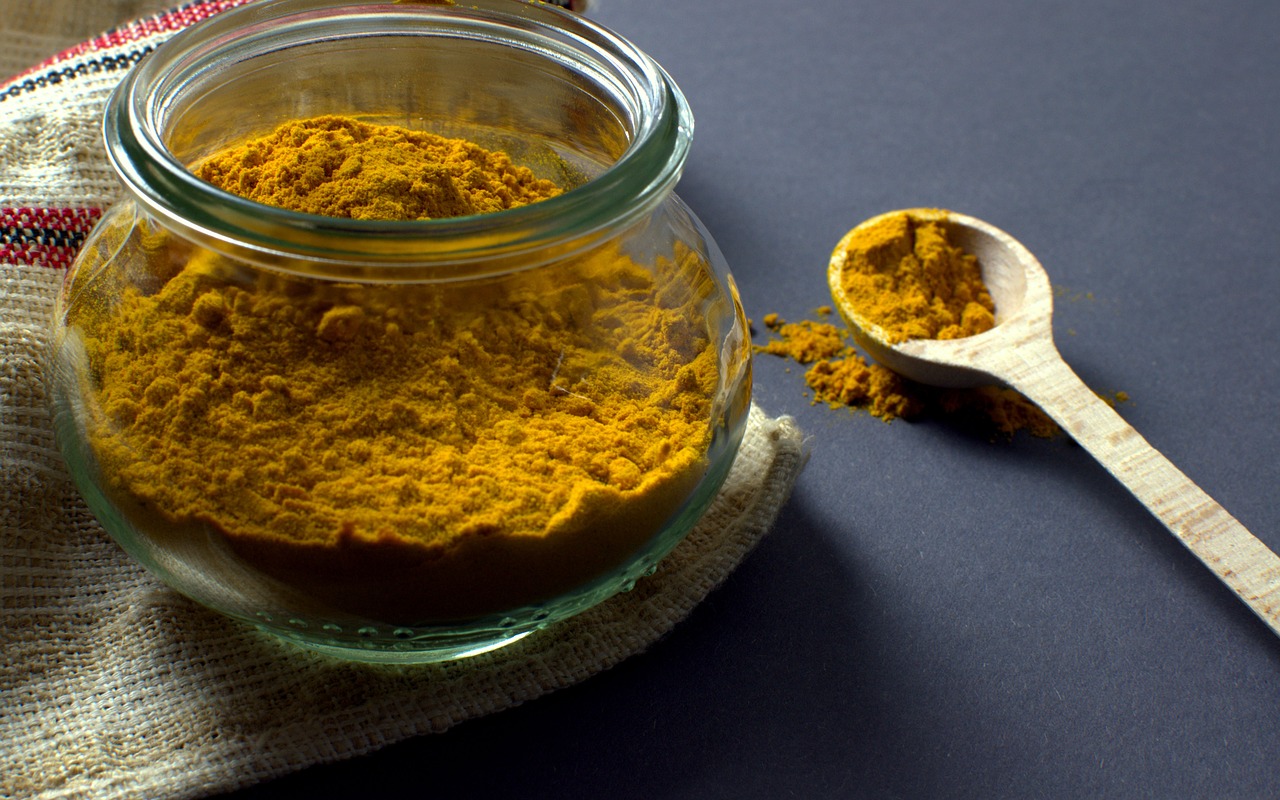Ingesting turmeric daily can improve the memory and mood of older adults who have mild memory troubles, a new study says.
Curcumin is the most active substance in turmeric, a spice that is commonly used in Indian and other Asian recipes. Turmeric is also used in butter, cheese and mustard, Tech Times reports.
Gary Small, from UCLA’s Longevity Center, and a team of researchers, found that giving 90 milligrams of curcumin every day to seniors helped their memory and mood. In addition, the researchers found there were less signals of tau and amyloid proteins in the participants who were given curcumin supplements. Tau and amyloid proteins are linked to the development of Alzheimer’s Disease.
The researchers stated, “Exactly how curcumin may exert cognitive and mood effects is not certain, but several potential mechanisms could explain our findings. Curcumin reduces inflammation, and heightened brain inflammation has been linked to both Alzheimer disease and major depression.”
Countries like India have populations that eat around 100 to 200mg of curcumin daily over long periods of time. They have shown to have a low prevalence of cancer, which researchers think may have something to do with the health benefits of turmeric.
In 2001, a study found that turmeric could halt precancerous changes in the organs of patients, stopping them from developing cancer. The researchers said,
Our results also suggest a biologic effect of curcumin in the chemoprevention of cancer.
Further lab tests showed that turmeric extract that is rich in curcumin may even help stabilize colorectal cancer that did not improve with other kinds of treatment. Preliminary studies also reveal that the spice may help protect against high cholesterol, stomach ulcers, diabetes, colitis, depression, and viral infections.
However, health experts warn that more research has to be conducted before making any more definitive conclusions on the health benefits of turmeric.
The study was published in the American Journal of Geriatric Psychiatry.
























